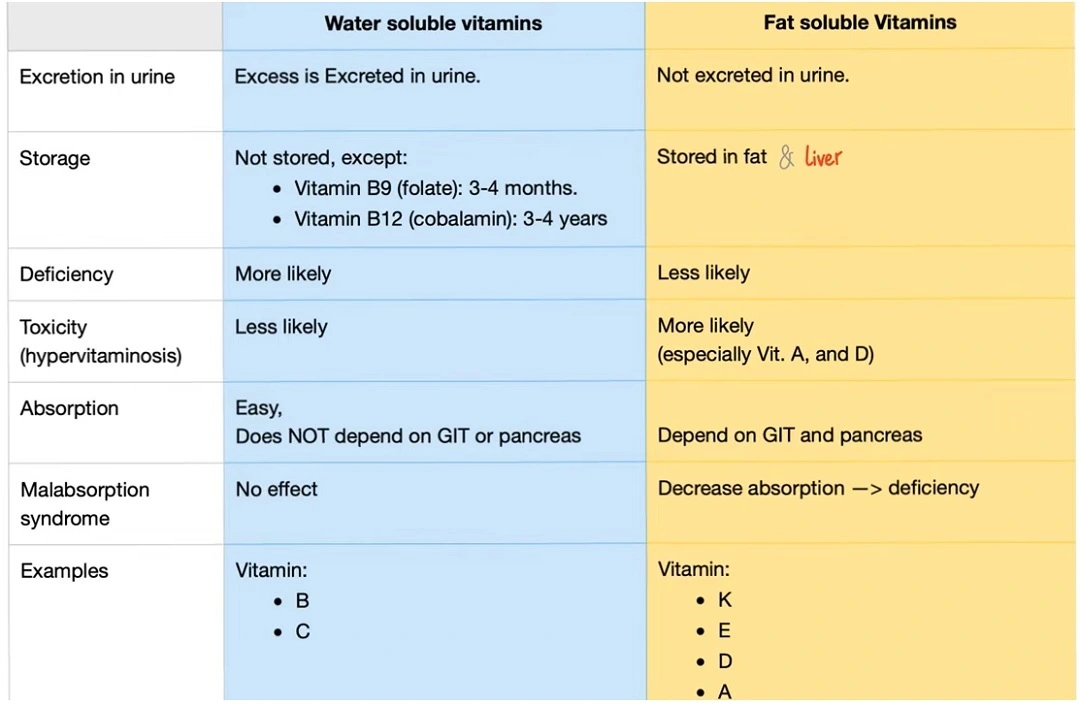Introduction
Taking care of your health should always be a priority, especially in today’s fast-paced world. Women often juggle multiple responsibilities, from work and family to managing personal goals. In the middle of all this, it’s easy to overlook your nutritional needs. This is where multivitamins for women come in.
These supplements are designed to fill in the nutritional gaps that your daily meals might miss. Whether you’re in your 20s or well into your 50s, taking the right multivitamins can support your energy levels, bone health, immune function, and even mental clarity.
Let’s explore everything you need to know about multivitamins for women, from their benefits to how to choose the right one for your needs.
Why Women Need Multivitamins
Women go through several life stages, including menstruation, pregnancy, breastfeeding, and menopause. Each of these phases brings unique nutritional demands. For example:
- Iron is crucial during menstruation due to blood loss.
- Folic acid is essential during pregnancy for fetal development.
- Calcium and vitamin D become even more important after menopause to support bone health.
While a balanced diet is always the best source of nutrients, it’s not always easy to meet all your needs through food alone. That’s where multivitamins for women can help.

Key Nutrients in Multivitamins for Women
Here are some of the most important vitamins and minerals that are typically included in multivitamin formulas for women:
1. Iron
Supports red blood cell production and helps prevent anemia, especially during menstruation.
2. Calcium
Vital for strong bones and teeth. Women are at higher risk for osteoporosis, making calcium a key nutrient.
3. Vitamin D
Helps the body absorb calcium and supports immune health. Many women are deficient due to limited sun exposure.
4. Folic Acid
Crucial for women of childbearing age as it helps prevent birth defects during early pregnancy.
5. Vitamin B12
Supports energy metabolism and brain health, especially important for vegetarians or older women.
6. Magnesium
Assists with muscle function, energy production, and can help reduce PMS symptoms.
7. Biotin and Other B Vitamins
Promotes healthy hair, skin, and nails while also supporting energy levels.
By taking multivitamins for women, you ensure your body is getting a steady supply of these essential nutrients.
Benefits of Taking Multivitamins for Women
Still wondering if you need a multivitamin? Here are some benefits that might convince you:
1. Improved Energy Levels
Lack of certain nutrients can lead to fatigue. Multivitamins help restore balance and keep you energized throughout the day.
2. Stronger Bones
With added calcium and vitamin D, multivitamins for women can help keep bones strong and reduce the risk of fractures.
3. Better Mood and Mental Clarity
B vitamins and magnesium are known to support brain health, reduce stress, and improve focus.
4. Healthier Hair, Skin, and Nails
Many formulas include biotin and antioxidants that promote a glowing appearance from the inside out.
5. Hormonal Balance
Some multivitamins are specially formulated to support women’s hormonal health, especially during PMS or menopause.

How to Choose the Right Multivitamin
Not all multivitamins are created equal. Here’s what to look for when picking the right one:
- Age-specific formulas: Needs change with age. Teenagers, pregnant women, and older adults all require different nutrient levels.
- Check the ingredient list: Choose a multivitamin that includes key nutrients like calcium, iron, vitamin D, and folic acid.
- Avoid artificial additives: Look for clean labels with no unnecessary fillers or dyes.
- Consider your lifestyle: Active women, vegetarians, and pregnant women all have different nutritional needs.
If you’re unsure, it’s always best to talk to your doctor before starting any new supplement.
Are There Any Side Effects?
Multivitamins are generally safe when taken as directed. However, taking too much of certain vitamins like iron or vitamin A can cause side effects such as nausea, constipation, or even more serious health issues in rare cases.
Always follow the dosage instructions on the label and consult a healthcare professional if you’re unsure.
Natural Sources vs. Supplements
Remember, multivitamins for women should not replace a healthy diet. Whole foods provide fiber, antioxidants, and phytonutrients that supplements can’t fully replicate. Use multivitamins to complement your diet, not substitute it.
Some great natural sources of essential nutrients include:
- Leafy greens (calcium, folate)
- Nuts and seeds (magnesium, vitamin E)
- Lean meats (iron, B12)
- Dairy products (calcium, vitamin D)
- Fruits and vegetables (vitamin C, antioxidants)
Final Thoughts
In today’s busy world, it’s easy for nutritional gaps to sneak into your daily routine. Multivitamins for women offer a convenient way to support your overall health, boost your energy, and help you feel your best—no matter your age or lifestyle.
Remember, supplements work best alongside a balanced diet, regular exercise, and plenty of sleep. Your health is your greatest asset, and a simple daily multivitamin could be the small step that makes a big difference.
FAQs About Multivitamins for Women
Q1. Can I take multivitamins every day?
Yes, most multivitamins are designed for daily use. Always follow the dosage instructions on the label or consult your doctor.
Q2. What’s the best time to take multivitamins?
It’s usually best to take them with a meal to enhance absorption and reduce the chance of stomach discomfort.
Q3. Are multivitamins safe during pregnancy?
Not all multivitamins are suitable for pregnant women. It’s best to use prenatal vitamins specifically designed for pregnancy.
Q4. Do multivitamins really make a difference?
Yes, especially if you have gaps in your diet or increased nutritional needs due to age, activity, or health conditions.
Q5. Can I take multivitamins if I eat a healthy diet?
Absolutely! Even with a balanced diet, multivitamins can help fill in small nutritional gaps and provide peace of mind.